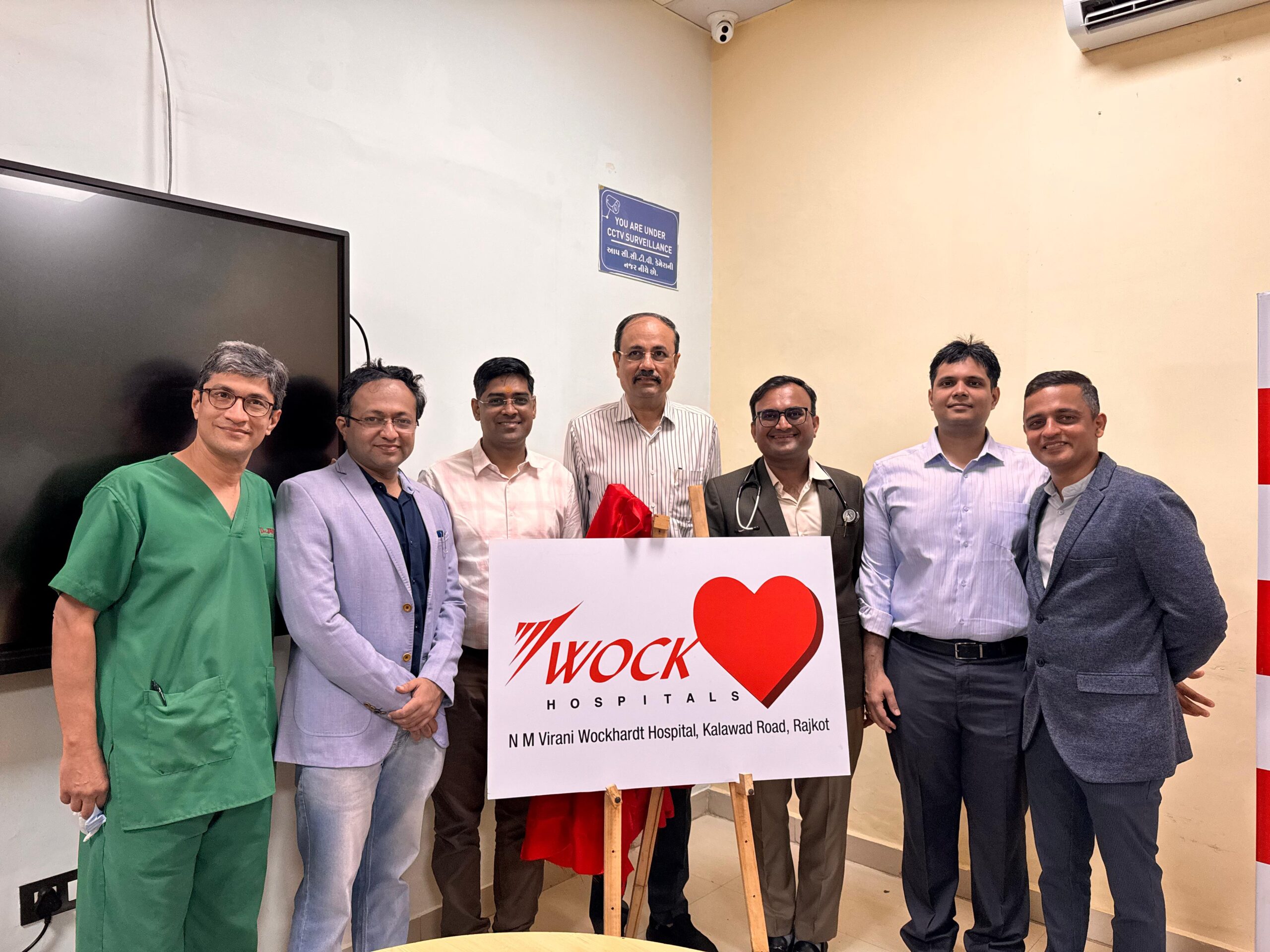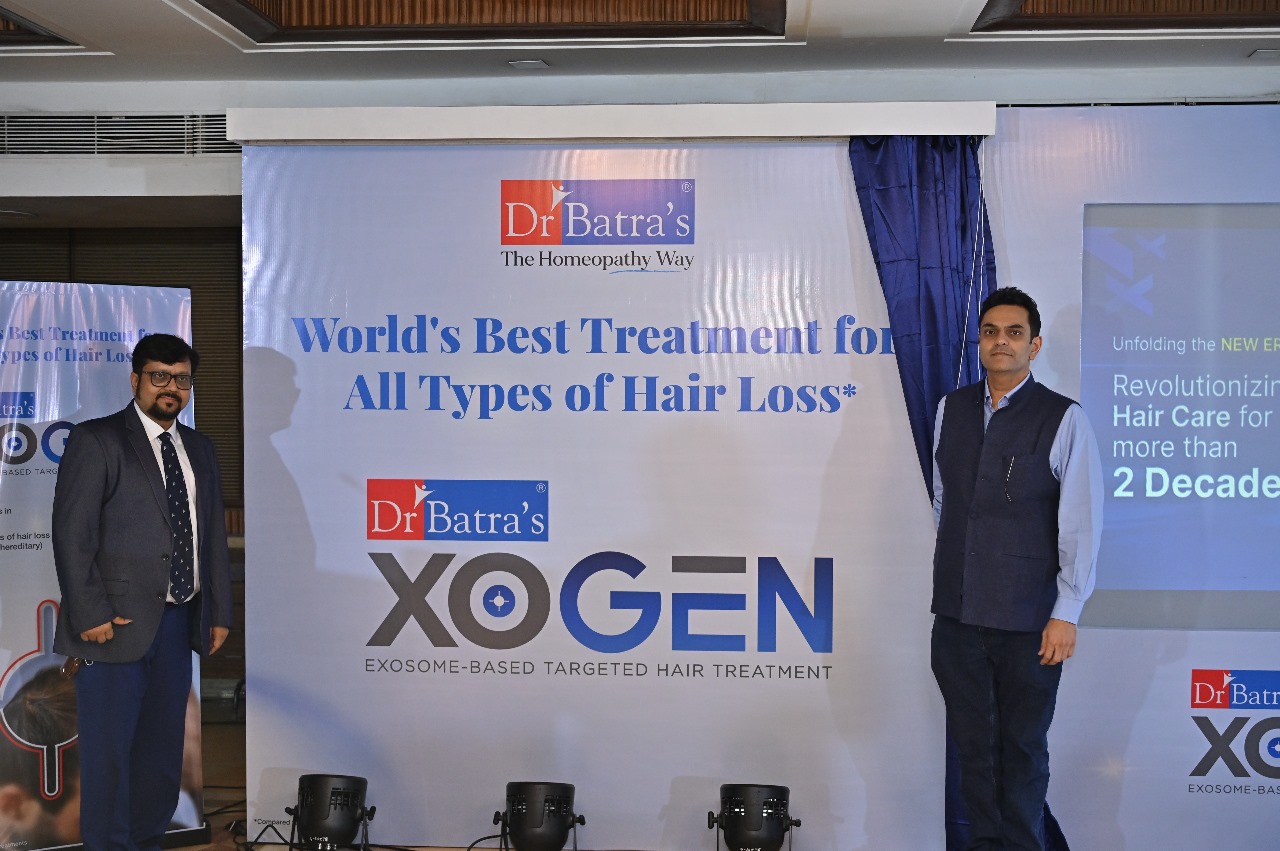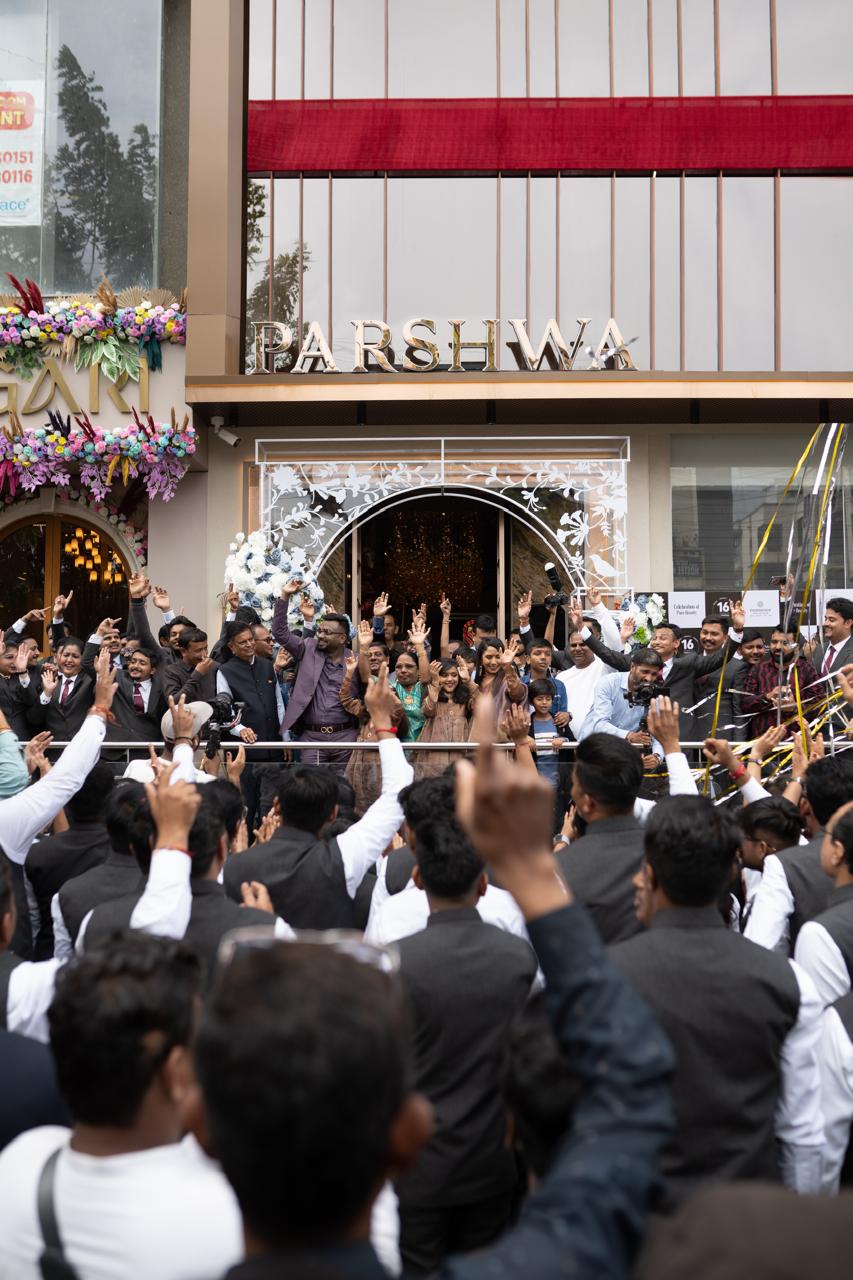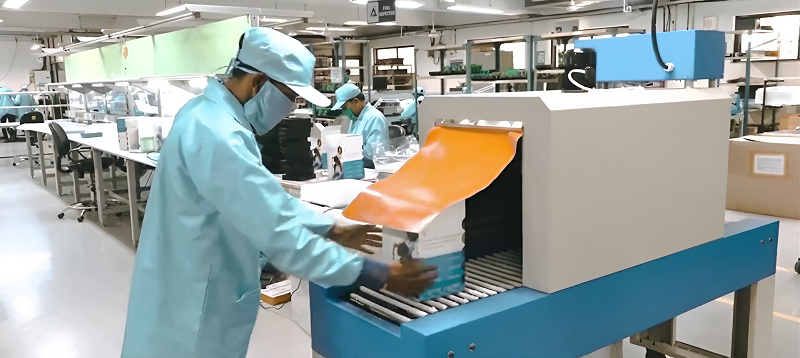“World Heart Day” is celebrated globally. The heart is one of the most vital organs in the human body; when it stops functioning, it can lead to death. Nowadays, our unhealthy lifestyles and the emergence of various new diseases negatively impact our health, putting significant strain on the heart. In this context, “World Heart Day” is observed to promote heart health. According to doctors, everyone should engage in at least 30 minutes of exercise daily and avoid oily and fatty foods. The rise in cases of unhealthy diets and smoking is contributing to an increase in heart-related diseases.
To provide more information on this topic, a panel discussion was held featuring esteemed cardiac consultants from Wockhardt Hospitals, Rajkot, including Dr. Dharmesh Solanki, MBBS, MD, DNB, DM(Cardiology), Sr. Consultant- Interventional Cardiologist, Dr. Jaydeep Desai, MBBS, MD(Medicine), DNB (Cardiology), Sr. Consultant- Interventional Cardiologist, Dr. Kapil Virpariya, MBBS, D(Medicine), DM (Cardiology), Sr. Consultant – Interventional Cardiologist, Dr. Abhishek Raval, MBBS, MD (Medicine), Sr. Consultant Interventional Cardiologist, Dr. Varshit Hathi, MBBS, MD ( Medicine), Consultant- Interventional Cardiologist, Dr. Chintan Mehta, MBBS, DNB (CVTS), Consultant- Cardio Vascular Thoracic & Minimal Invasive Cardiac surgeon. They provided information about heart health, covering topics such as recognizing symptoms of heart attacks, assessing risk factors, and understanding who may need angiography and angioplasty. Additionally, the new logo of Wockhardt Hospitals, Rajkot, was unveiled.
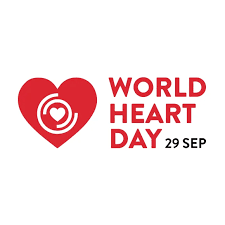
Dr. Dharmesh Solanki emphasized the importance of awareness regarding heart attacks, stating, “Lifestyle changes such as a balanced diet, regular exercise, and avoiding tobacco can significantly reduce the risk of heart attacks. Fast food and lifestyle factors are major contributors to the rising incidence of heart problems. Many people may experience heart attacks due to sudden exertion without adequate exercise or regular walking.” He also highlighted the role of stress management and the necessity of regular health check-ups for early detection and prevention.
Key symptoms of a heart attack include chest heaviness, sweating, rapid heartbeat, difficulty breathing, dizziness, fatigue, feelings of acidity, back pain, discomfort in the jaw, and heavy arms.
Regarding angiography and angioplasty, the doctors explained, “In simple terms, angioplasty is a non-surgical procedure used to open arteries that supply blood to the heart muscle. After a heart attack or stroke, doctors often resort to angioplasty. During a heart attack, blood vessels become blocked, reducing blood flow and essential oxygen to the heart muscle, which can lead to chest pain or a heart attack. Angioplasty should be performed within one to two hours of a heart attack to minimize the risk of heart failure.”
Recently, there has been a noticeable increase in heart disease cases in Gujarat. According to reports, over 40,000 heart-related emergencies have been recorded in the state in the last six months, averaging 223 cases daily and about nine cases hourly.

